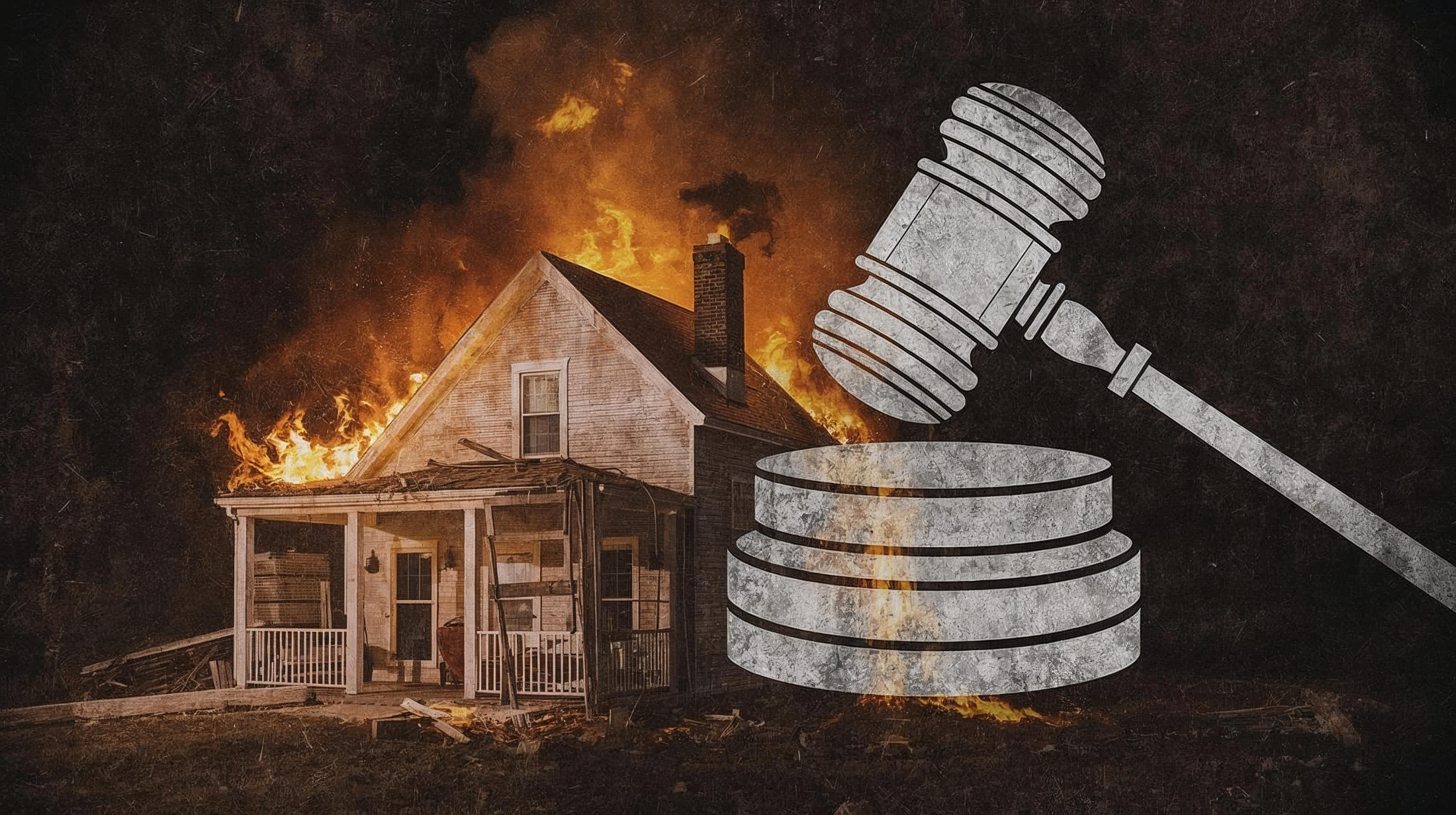Buying a home is already stressful. Add a disaster between signing the contract and moving in, and things can get really complicated. That’s exactly what happened in the recent Ontario case McDonald v. Lowrie, decided in 2025. The result? A cautionary tale for both buyers and sellers — particularly about what your purchase agreement does and doesn’t protect you from. (Source: Toronto Star)
The Story
Grant McDonald agreed to purchase a century-old house in Tillsonburg, Ontario, for $775,000 from the Lowrie estate.
They used the standard OREA (Ontario Real Estate Association) Agreement of Purchase and Sale. Crucially, that contract said the property remains at the seller’s risk until closing.
It also included a clause: if there is “substantial damage” before closing, the buyer has two choices:
Cancel and get their deposit (in this case, $25,000) back.
Proceed with the purchase at the agreed price and accept whatever insurance money is available.
Only 20 days after signing, the house was destroyed by fire.
What Unfolded
The seller provided the buyer with a copy of the fire insurance policy so McDonald could see what might be available.
The insurer offered a choice: rebuild the home or take a cash settlement of $749,375.37. A contractor’s estimate to rebuild came in at $973,813.94.
On the closing date, McDonald was willing to pay the full purchase price—but only under the condition that the seller guarantee the insurance proceeds would be enough to rebuild.
The seller refused. They considered that demand a repudiation of the contract and returned McDonald’s payment minus the deposit.
What the Court Ruled
Ontario Superior Court agreed with the seller. The insurance clause in the OREA contract gives the buyer only two legal options:
Cancel and get the deposit back.
Go ahead and close under the contract, taking whatever insurance payout is available—not the payout you hope or demand.
The court said McDonald’s condition (requiring a guarantee from the seller about the insurance money) was outside what the contract allowed. Because McDonald wasn’t “ready, willing and able” to close under the original contract terms, the seller was justified in treating the contract as terminated — and keeping the deposit.
Key Takeaways for Buyers & Sellers
If you’re entering into a real estate contract, especially in Ontario, here are some lessons:
Read the insurance/damage clauses carefully. They may give you a choice, but not every choice you’d assume.
Buyers can’t force sellers to guarantee insurance payouts. If you need certainty, you’ll have to negotiate that before signing.
Sellers are required to share insurance information fairly, but they aren’t obligated to promise a minimum payout.
Make sure your insurance coverage is strong—ideally full replacement value—so there’s less risk in scenarios like this.
If you want to read the full court’s reasoning and all the legal details, check out the original article here:
The house he agreed to buy burned down before closing. Here’s why the court sided with the seller when things got ugly — Toronto Star.
Have you ever been in a situation where something unexpected (like damage, delay, or inspection issues) threatened a real estate deal? I’d love to hear what lessons others have learned.
⚠️ Disclaimer: This post is for general information only and not legal advice. Always consult a lawyer about your specific situation.
🔆 Interested in learning how solar energy can enhance your home’s marketability? Contact me today for a free consultation! 📞💬 We are happy to refer you to few reliable Solar energy system installers. Call us to discuss.
